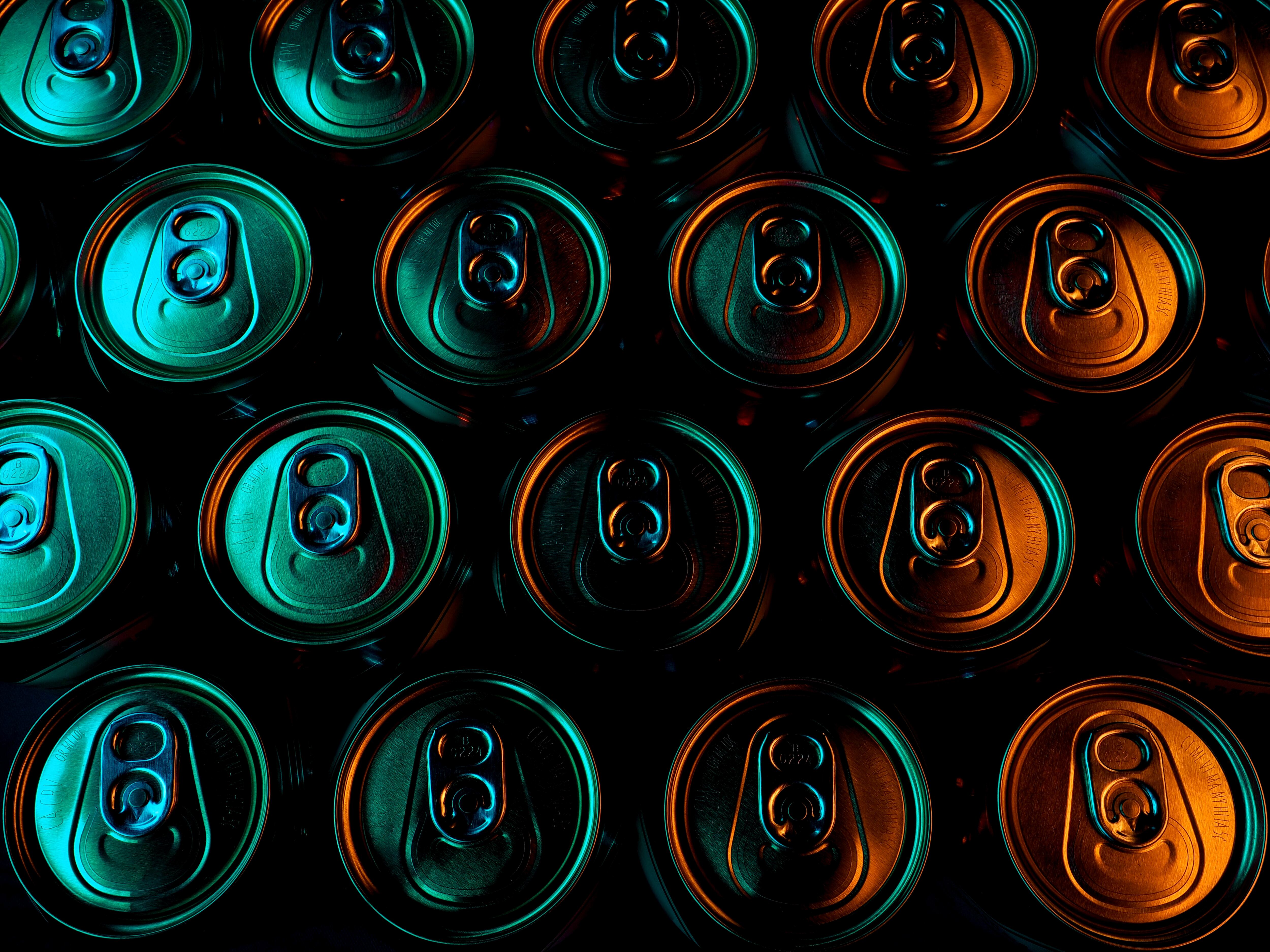Coca-Cola Europacific Partners (CCEP) has recalled a small number of drinks over fears they may contain elevated levels of chlorate.
Affected drinks include the six-pack of 250ml cans of Appletizer, 330ml cans of Coca-Cola, Diet Coke and Coke Zero, and 330ml cans of Sprite Zero.
After consultation with relevant authorities, CCEP is recalling a small number of these drinks from Belgium, Luxembourg, Great Britain, France and the Netherlands.
In the UK, all affected cans have production codes from 328 GE to 338 GE on the base of the cans.
“No other Coca-Cola products are affected by the issue. The quality and safety of our products is our top priority and we’re sorry that on this occasion, a small number of our products have not met our high standards, and we apologise for any inconvenience this has caused,” said a spokesperson for CCEP.
What is chlorate?
Chlorate is a chemical compound originating from chlorine disinfectants, widely used in food processing and water treatment, according to the European Food Safety Authority (EFSA).
According to the UK’s Food Standards Agency, Chlorate poses a low risk, especially when consumed only occasionally. However, it has the potential to negatively affect those who already have mild to moderate iodine deficiency, or who are sensitive to it.
It may also particularly affect young children or those with conditions such as kidney disease, thyroid deficiency, or blood conditions such as anaemia.
Long term intake of chlorate has the potential to limit iodine uptake, which could lead to conditions such as goitre (swelling of the neck when the thyroid gland enlarges).
A single high intake could limit the body’s ability to absorb oxygen from the blood, in severe cases leading to kidney failure.
In the EU, the default maximum residue level (MRL) of chlorate is 0.01 mg/kg in all products.


